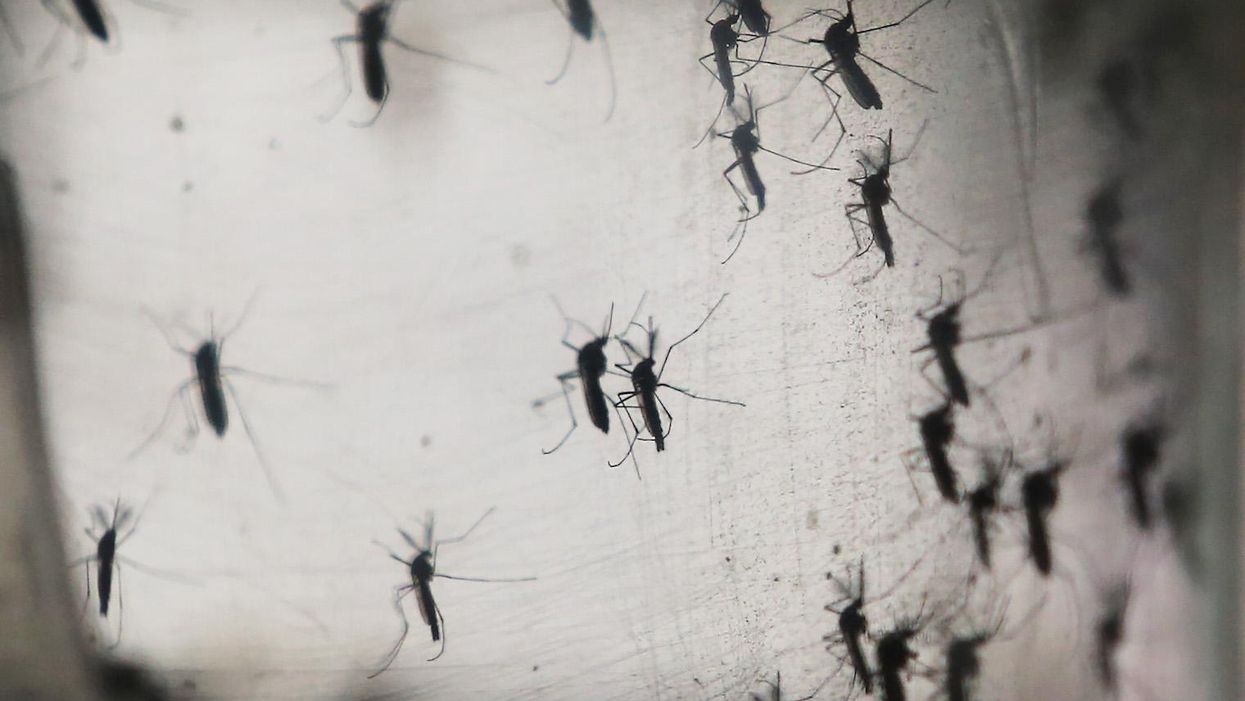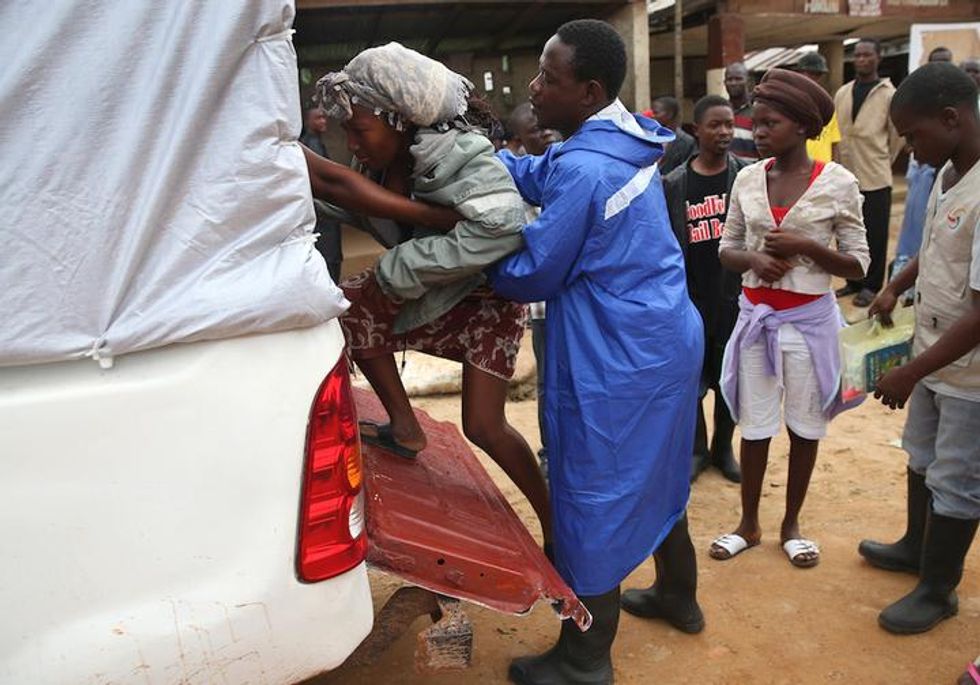News

Over the past few weeks the media has compared the Zika virus to Ebola, particularly after a World Health Organisation (WHO) committee declared Zika is now a global public health emergency.
The last time the WHO issued a global warning was during the recent Ebola crisis in West Africa, prompting comparisons, but the diseases' symptoms, spread and treatment are very different.
Here is a brief breakdown:
The symptoms:
While Ebola causes vomiting, fever and excessive bleeding, Zika presents flu-like symptoms, or a mild fever, skin rash, conjuctivitis and muscle pain.
How the virus is transmitted:
Zika virus is transmitted to people through the bite of an infected Aedes mosquito, similar to Dengue and Chikungunya, but the virus has also be found in semen and can be transmitted through blood.
Ebola, meanwhile, is transmitted through direct contact with the blood, secretions, organs or bodily fluids of infected people, or surfaces contaminated with these fluids.
How the virus can harm carriers:
At present there is no substantial evidence that the Zika virus can cause death, according to the Pan American Health Organisation.
Colombia confirmed three deaths of patients infected with Zika virus, who contracted Guillain-Barré syndrome, a seemingly-related disease which attacks the nervous system and typically results in paralysis.
Colombian health officials said that five people had died from the disease, three of whom had been diagnosed with Zika, the first in late November, while the other two were in the last week.
In Brazil, the Zika outbreak has also been linked with microcephaly, a neurodevelopmental disorder in newborn children.

The most affected countries:
Guinea, Liberia and Sierra Leone have been most affected by the Ebola virus, all of which have limited healthcare systems and infrastructure.
The current Zika outbreak has affected many countries in South and Central America, from Brazil to Mexico - a full list of which is available on the Pan American Health Organisation website.
Control measures:
The Zika virus can be controlled through effective mosquito control procedures, such as wearing thick long-sleeved shirts and long trousers in the day and using mosquito nets on beds.
Safe sexual practices are also advised with regard to Zika, such as condom use, following reports of transmission through sexual contact.
As of December 2015, the WHO said that while the Ebola crisis has lessened somewhat, with a few countries declaring themselves free of the disease, caution still needs to be taken. The virus is still classed as a global threat by the organisation.
Ebola prevention and control relies on a range of procedures applied by the community, including preventing direct contact with bodily fluids and wearing protective equipment.
Regular hand washing is required after visiting patients in hospital, as well as after taking care of patients at home.
Sexual transmission must also be managed carefully, as contact with body fluids should be avoided and washing with soap and water is recommended.
Prompt and safe burial of those who have died from Ebola is also important, as well as identifying people who may have been in contact with someone infected with Ebola and monitoring their health for a minimum of 21 days.
Top 100
The Conversation (0)












